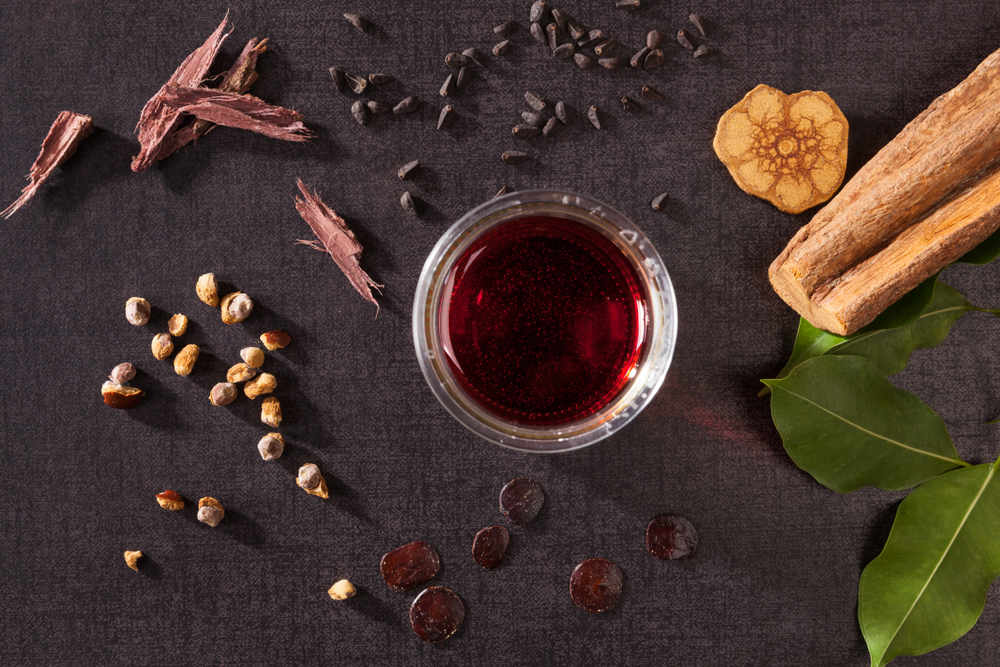
In June 2019, Oakland became the second city in the United States to decriminalize plant-derived hallucinogens. As the Los Angeles Times reports, this California community’s new laws allow the use and possession of magic mushrooms, cacti, and the iboga plant, among many others. Religious freedom concerns were at the heart of the resolution, since spiritual leaders and healers have used hallucinogens in their practices for centuries. While many faiths look down on using mind-altering substances, others see them as potential gateways to higher spiritual experiences.
Entheogens in Spiritual Practice
Magic mushrooms, peyote, and similar hallucinogenic agents are classified as “entheogens.” In short, they’re psychoactive substances that are ingested, drunk, or inhaled to induce spiritual experiences. Encyclopedia.com explains that the word “entheogen” is derived from a Greek term that means “divinely inspired.” They’re typically used in a few different contexts: sacred ceremonies, initiation into esoteric traditions, or achieving visions and messages from spiritual realms. Entheogens can also include alcohol and marijuana, although these substances generally don’t produce hallucinations.
The use of entheogens has been documented in civilizations all over the world. The Profiles in Plant Chemical Ecology blog mentions a cave in Texas near the Rio Grande in which archeologists discovered 5,700-year-old peyote buttons. Cave and rock paintings depicting mushrooms have been found throughout Africa, South America, and Asia. Ancient Egyptians used the blue lotus in their rituals. The Encyclopedia Britannica discusses how cultures throughout West Africa and the Congo ingested iboga extracts or chewed its roots for various purposes. Healers in Mesoamerican Indigenous societies employed peyote when treating their patients.
The Complex Legal Status of Entheogens
Intoxicants have long been a subject of hot debate in modern American public discourse. The recent opioid crisis is at endemic proportions, just like the crack cocaine epidemic of the 1980s. Harsh sentences for nonviolent drug offenses are being increasingly challenged. The legal status of marijuana is continually changing, with several states approving it for medical purposes. Several states, including California, Colorado, Washington, and Michigan, have also decriminalized recreational marijuana.
At the same time, many entheogens are classified by the U.S. Drug Enforcement Agency as Schedule 1 drugs. Drugs.com lists a few of these, including marijuana, mescaline from peyote, and psilocybin mushrooms. Ibogaine, the psychoactive compound present in the iboga plant, is also a Schedule 1 controlled substance. To clarify, Schedule 1 substances are judged to have high potentials for abuse, are not currently accepted medical treatments, and lack safety protocols for their use under medical supervision. Regardless of state and local laws, Schedule 1 drugs are federally prohibited.
Religious Drug Use and the First Amendment
Entheogens in religious contexts have faced a sticky legal landscape in the United States. The First Amendment allows for the free exercise of religion, but these protections sometimes haven’t extended to hallucinogens or marijuana. In 1990, the Supreme Court ruled in Employment Division v. Smith that laws prohibiting the possession or use of peyote did not interfere with religious freedom.
Congress later passed the Religious Freedom Restoration Act, intending to avoid other federal laws inhibiting the free exercise of religion. The American Indian Religious Freedom Act was amended in 1994 to permit the sacramental use of peyote. A most recent legal shift occurred in the 2006 Supreme Court case Gonzales v. O Centro Espírita Beneficente União do Vegetal. Pew Research Center describes the decision, which held that the government did not demonstrate a compelling interest in banning the sacramental drinking of hoasca tea.
Hallucinogens have been part of religious and cultural practices for thousands of years. With their mind-altering capabilities, they’ve been used to break logical and mental boundaries to unlock knowledge or divine wisdom. Yet when legal restrictions on drug use and religious liberty collide, this can create difficult situations. As the political landscape shifts, how these issues will resolve remains to be seen.

